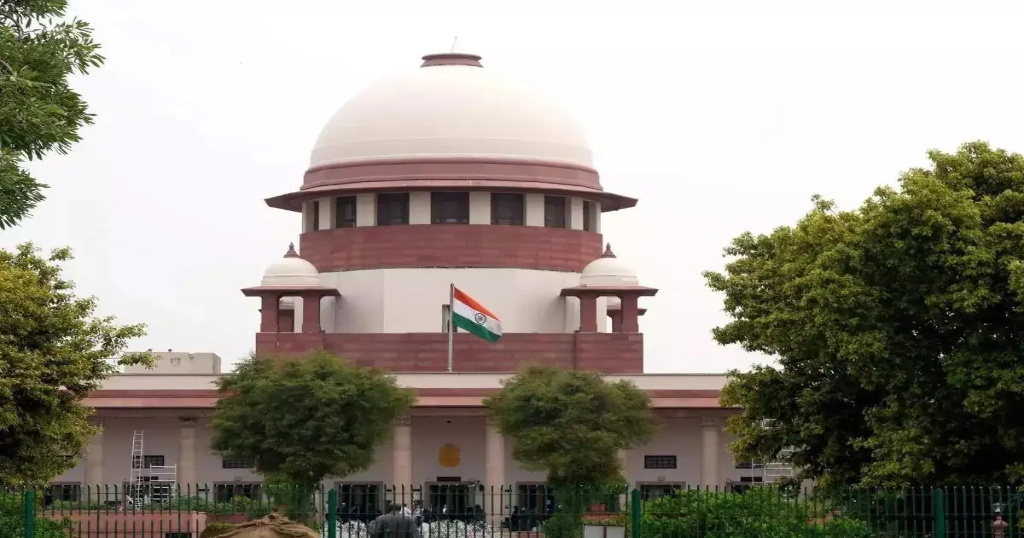
The Supreme Court of India has stayed with the Bombay High Court’s with a recent decision that acquitted all the 12 individuals convicted in the 2006 Mumbai train bombings. However, the apex court have clarified that these individuals do not need to surrender or return to jail while the case is under review.
Background of the Case
On July 11, 2006, Mumbai had witnessed one of its deadliest terror attacks. Seven bombs that exploded in first-class compartments of the local trains during evening rush hour, killing 189 people and injuring over 800 others. The blasts have occurred within minutes across the multiple stations, including Matunga, Bandra, and Borivali.
Investigators found strong evidence against 12 men in the 2006 Mumbai train bombings. In 2015, a special court sentenced five of them to death and seven to life imprisonment under the Maharashtra Control of Organised Crime Act (MCOCA). Authorities accused them of participating in a larger terror conspiracy linked to banned organizations.
High Court’s Acquittal
In July 2025, the Bombay High Court overturned the 2015 verdict, stating that the prosecution had failed to prove the case beyond all the reasonable doubt. The judges noted a serious flaws within the investigation, including a unreliable witness testimonies and procedural lapses. The court have concluded that it was “hard to believe” that the accused had committed the crime.
This decision led to the release of all 12 convicts and some of those whom had already spent over 18 years in jail. One of the death row convicts had died in the prison during the COVID-19 pandemic.
Supreme Court’s Intervention
On July 24, 2025, the Supreme Court have responded to an appeal filed by the Maharashtra government, which have raised concerns about the High Court’s observations affecting other pending MCOCA cases. The Solicitor General, representing the state have requested a stay on the verdict but have also clarified that the government was not seeking for immediate re-arrest of the released individuals.
The Supreme Court paused the High Court’s judgment and made it clear that it should not serve as a legal precedent in future cases. It also issued notices to all acquitted individuals, directing them to respond to the appeal.
What Happens Next?
The acquitted men remain free for now, but the Supreme Court’s stay keeps the case open. Legal experts call this move unusual, especially in cases where individuals have already been released. The court will now assess whether the High Court’s decision was legally sound and if it could influence other similar cases.
Also Read :Election Commission Starts Preparations for Vice Presidential Poll After Dhankhar’s Resignation




